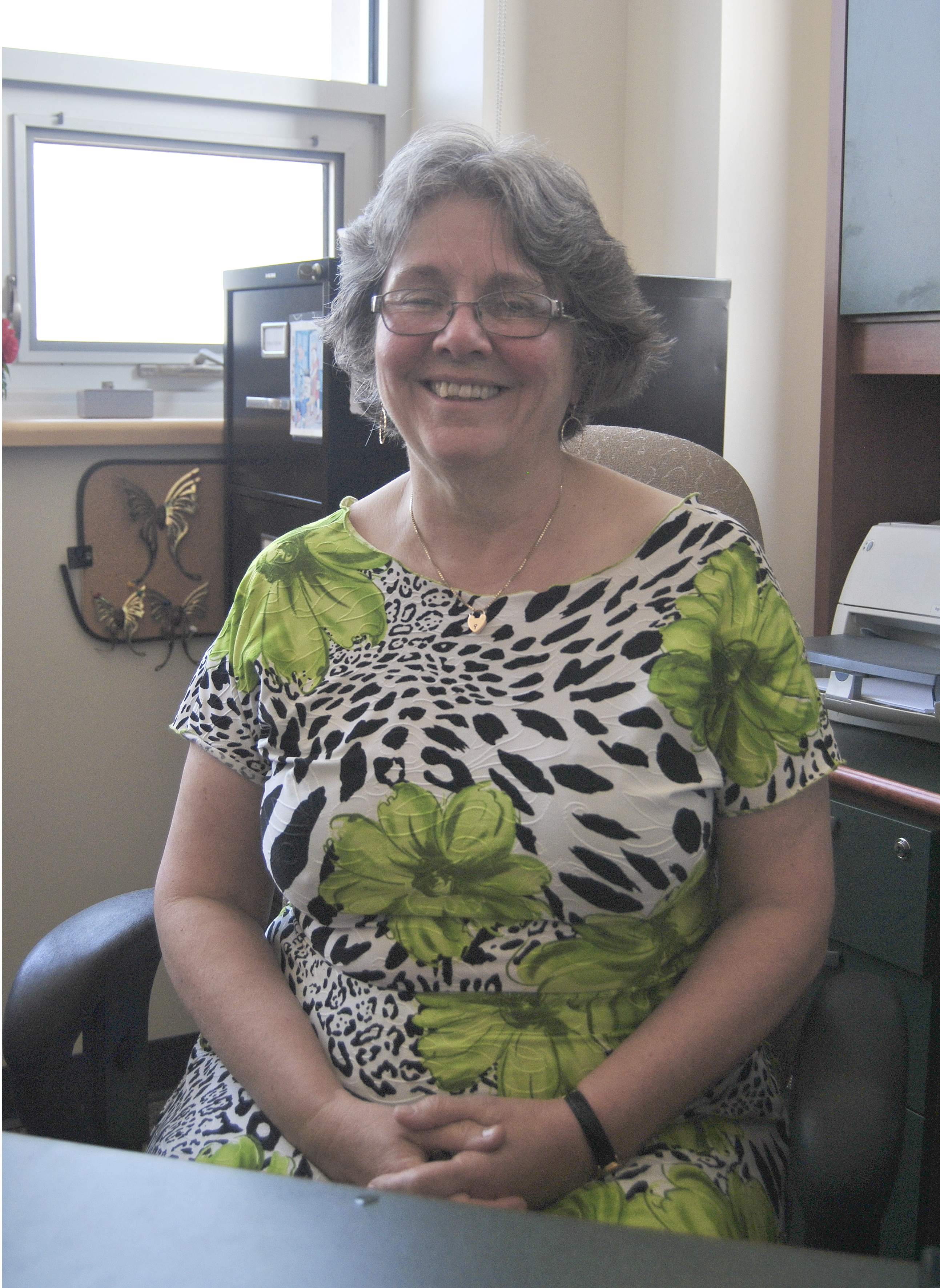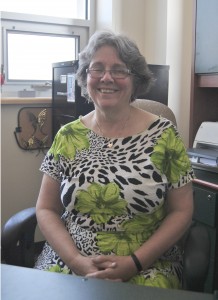Prof in ‘hall of fame’


“It’s kind of like the academics hall of fame,” explained Rhoda Howard-Hassmann, Canada research chair in international human rights and a professor of global studies at Wilfrid Laurier University.
Howard-Hassmann, who has been a Fellow of the Royal Society of Canada (RSC) for nearly 20 years, is a recent recipient of the Sir John William Dawson Medal on behalf of RSC, in recognition of her outstanding contribution to interdisciplinary research.
“I had assumed I hadn’t got it actually,” she said. “I was just thinking about it. I knew I had been nominated, the university nominated me through the research services, so they did the nomination and I hadn’t heard, so I just assumed I hadn’t gotten it. So I was quite happy.”
Established in 1882, RSC consists of Canada’s most distinguished scholars, artists and scientists. Its objectives are to promote learning and research in the arts, humanities and the natural and social sciences. The Sir John William Dawson Medal is awarded bi-annually to an individual who has made important contributions in at least two different domains of research.
Howard-Hassmann is known for her dedication and contribution to the study of human rights. However, her work spans across multiple disciplines.
“Officially, I’m a political sociologist, but I use a lot of history, a lot of politics, law, some sociology and economics,” she explained.
“My major job is to research.”
She noted that the majority of her work has been connected to human rights, including her PhD, which she received in African Studies.
Darren Gilmour, the executive director of RSC was thrilled that Howard-Hassmann was recognized yet again by the Society.
“It’s always a delight when a Fellow of [RSC] such as Professor Howard-Hassmann, who was elected in 1993 to the Academy of Social Sciences, is awarded for her continuing outstanding career in research, years following her election to the Fellowship,” Gilmour said. “Her election in 1993 was perhaps a benchmark in her career, but here is yet another benchmark some 20 years later of what she has accomplished.”
Howard-Hassmann has had a long and distinguished research career, serving as one of the first scholars to approach the study of human rights from a social science perspective.
“When I started, say around 1980, there was a small group of social scientists in North America, maybe six or eight of us who worked on human rights. Now there are hundreds and hundreds, probably thousands of people. For a sociologist, well, I was probably the only sociologist for years. And among political scientists it was a very small group.”
Her research is currently focused on state-induced famine, looking primarily at countries such as Zimbabwe or North Korea. Her work has covered many different areas of human rights, from both an international and domestic perspective.
Gilmour explained that the distinction of the Sir John William Dawson Medal speaks to the value of Howard-Hassmann’s work.
“We are so fortunate in this country to have the wealth of outstanding scholars and Dr. Howard-Hassmann is clearly among the best in the country. We hope that her research career continues even more strongly in years to come.”


